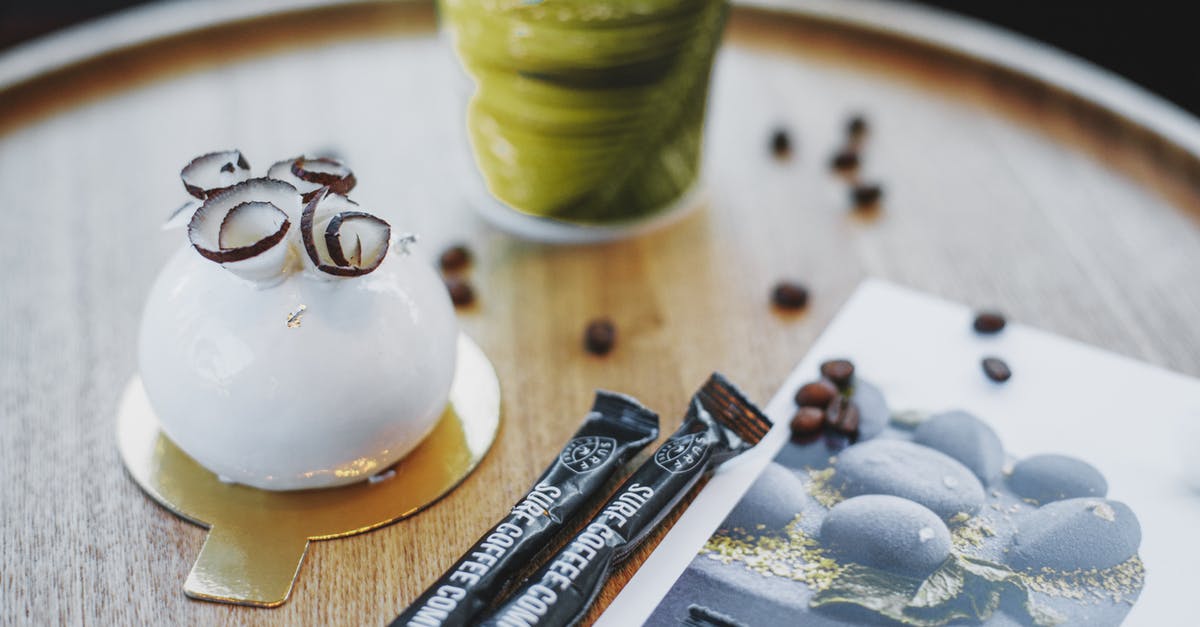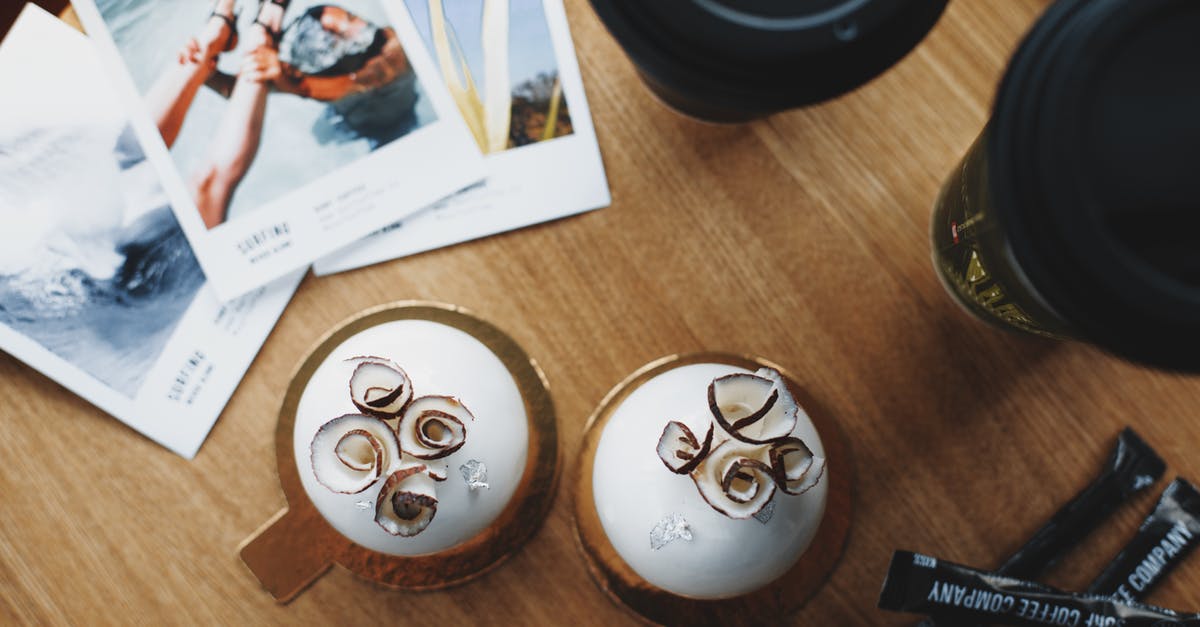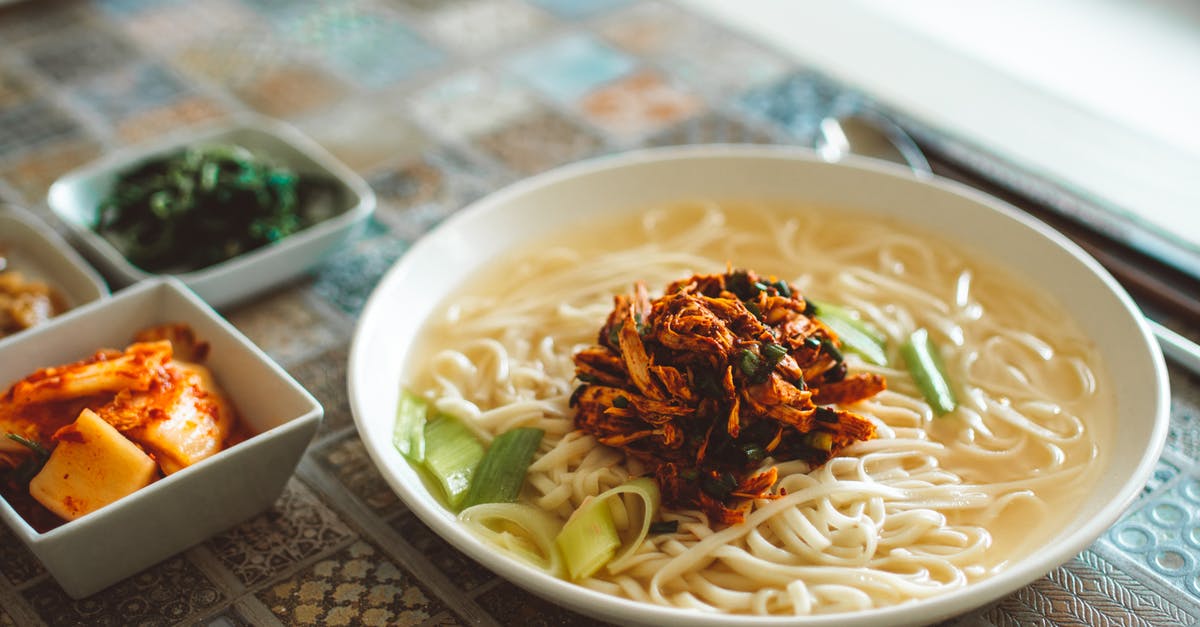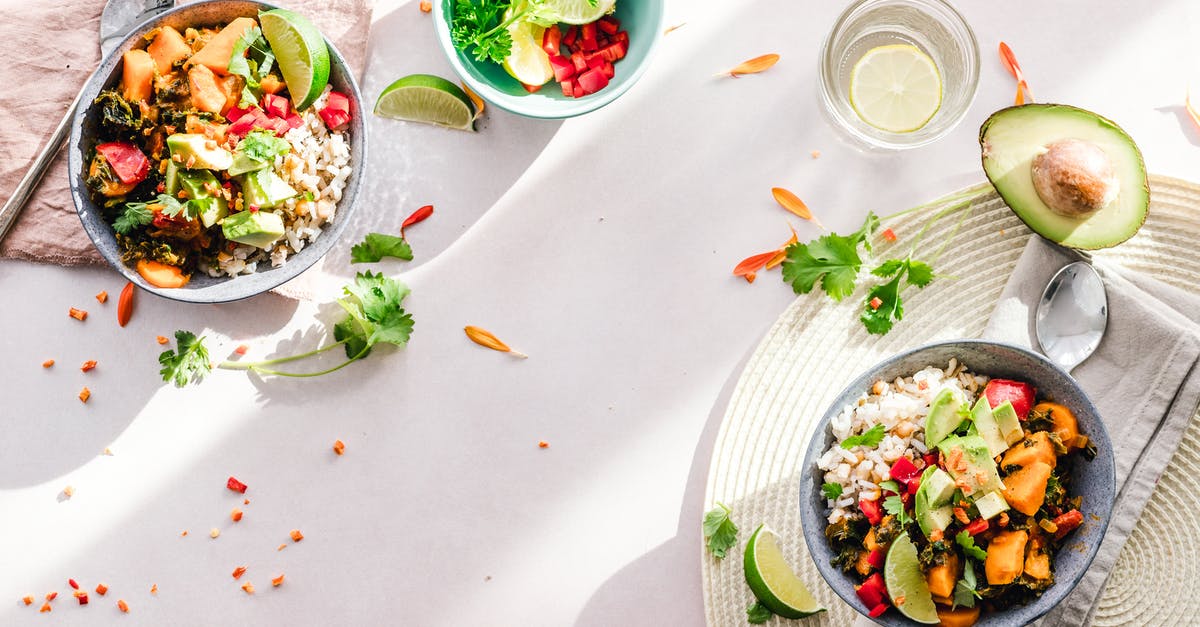Should I taste-test food before serving it?

Do all chefs sample food before serving it?
I ask because I feel like there is a huge sanitary problem here. If the chef gets a taste of the food, doesn't he risk his saliva getting into the food itself?
When I cook at home, should I sample all food before serving it? Is it sanitary?
Some background: I watch a lot of cooking shows, and go to some food festivals, and more often than not, I see chefs taste whatever they're cooking with a small spoon, and later reuse that same spoon to taste again. I could understand that using one spoon for each taste is wasteful, but at the same time I feel like it could cause serious sanitary issues.
Best Answer
Any halfway competent chef should indeed be tasting. The only way to know whether you're putting up good food is to check it yourself - and you'd better be consistent if you want to continue getting paid for it.
That's not to say that all chefs do, nor that there's any one standard for how frequently to taste or what method should be used. It's pretty obvious that using your hands to taste or double-dipping is frowned on... but shortcuts do happen when it's the middle of the rush and you have 30 things to be doing at once.
The best practice I've personally seen in a commercial kitchen was to have a large set of spoons at each station, kept with the "business end" submerged in hot water with a mild sanitizer solution. Each chef also carried a few clean towels which they changed out copiously throughout the evening (these have a million uses, from wiping hands dry to cleaning plate rims to handling hot pan handles). When tasting, we'd grab a spoon, tap off excess water, wipe with a clean towel if necessary, take a small taste, and discard. This got to be as much of a habit as washing your hands after handling raw meat or wiping down your cutting board. The used spoons would be collected and washed regularly along with used pans and so on, then returned to the line. With a system like this there's minimal risk for contamination and relatively little waste, except for frequent washing.
At home, you can play things a bit looser, unless you like washing all of your spoons every night. Double-dipping isn't a big concern unless you're ill, in which case you shouldn't really be cooking for people. You're probably introducing your friends and family to just as much contamination in the form of dust and such simply by having them in your home.
EDIT: I agree with Jefromi's point in comments, so I want to emphasize this further.
Safety aside, I strongly believe that tasting is necessary to make you a better cook. It teaches you how to make corrections on the fly and balance flavors, rather than simply following a recipe. As a matter of fact, even if you're following a recipe, you will need to account for variation in things like produce. Fruits vary in their flavor depending on how ripe they are, where they were grown, whether it was a good season... The vegetables that I get at my local market may be a slightly different variety from yours... Meats vary widely depending on how the animal is fed and raised, even if you're using the same cuts. Even when using packaged ingredients, you can't guarantee complete consistency unless you use the exact brand as written in a recipe. (And I dare say that if your recipes uses only packaged ingredients, you can do much better.) Recipes cannot account for this sort of variation in anything but the broadest strokes. It's up to you to balance all of this, plus the preferences of yourself and your guests. If you're only tasting when you've finished cooking, it's probably too late to correct any problems.
Like any skill, cooking ability is improved by practice and feedback. Tasting as you go provides you with immediate feedback on how the dish tastes and what it needs, rather than just at the very end when you sit down to eat. Learning how flavors interact, how much seasoning is enough, and so on are fundamentals. They're what help you get creative, go beyond cooking someone else's dishes, and start coming up with your own.
So: yes, you should taste, and you should taste often. There are many ways to deal with safety concerns, but there is no other way to get better at fixing your mistakes before they hit the table.
Pictures about "Should I taste-test food before serving it?"



Quick Answer about "Should I taste-test food before serving it?"
Yes, you should taste the food! How else can you really know if it is good or not? I am a professional cook trained by the US Air Force and the correct way cooks normally taste the food is to use the spoon they are cooking with, to put some food in a small tasting dish, where they will use a different(!)Do chefs taste their food before serving?
They're professionals, they taste, they know what I expect; micromanaging staff in those matters is extra-annoying behavior. Chefs learn very quickly to mentally assemble a flavor profile from tasting ingredients. For example, I taste my pasta water every once in a while. I taste the sauce.What is the proper method for taste testing food?
Take a sample of the food from the pan using the sampling spoon. Use two spoons, a sampling and a tasting spoon. Using the sampling spoon, take a small amount of food from the container. To prevent contamination, never taste directly from a sampling spoon or any utensil used in preparation or service.Is it rude to season food before tasting it?
However, although adding a pinch of salt to a dish after tasting is usually considered acceptable, doing so before might earn you some dirty looks. As you'll learn in any culinary course, many chefs carefully balance seasonings, so naturally, they may be offended if people jump to the salt right away.How do you conduct a taste test?
during the taste testTherapy Golden Retriever Has the CUTEST \
More answers regarding should I taste-test food before serving it?
Answer 2
Yes, chefs and cooks taste the food they prepare; even an experienced chef will do this, mostly to check seasoning (salt, pepper, etc.). However, most experienced cooks will taste less and will know how to tweak the preparation without having to constantly taste and re-taste.
Cooks usually use spoons - tons of spoons - to taste food when they prepare it. They use 1 spoon for each taste they do; there are also different variations on the technique to minimize the waste.
In most TV food shows, it is understood that it is not restaurant or commercial food preparation; it is more like preparing food at home.
Remember that most food is cooked, and that enough heat will kill most germs. (add all the disclaimers you want here)
At home, taste away...
Answer 3
Certainly cooks should taste their food as they go, especially if they're making something they haven't made many times before.
"Double-dipping" is common (even in commercial kitchens). It's the kind of thing a lot of people do, but no one wants to get caught doing it.
This question is related: Food safety when tasting from dish, and you might find the answers and comments illuminating.
At home, personally I see no harm in the cook double-dipping. I've never worried about it when cooking for family or close friends. Of course you shouldn't cook for anyone if you're sick or think you're getting sick. That's actually a bigger concern to me in professional kitchens than a presumably healthy cook double-dipping.
Answer 4
One can reduce the number of spoons used to taste test by using a system of two spoons; one spoon goes into the dish while the other is tasted from. This way, after spooning from the first spoon to the second, the first can be put in the dish again without risk of contamination. To prevent flavours from mixing, you could keep one spoon to taste from and then have another spoon for each type of dish prepared.
Answer 5
If you have sanitary concerns about taste-testing, you could do what I do:
- Use the main spoon/utensil to transfer a small amount to a bowl/plate.
- Use a second utensil (like a small spoon or fork) to taste from this bowl or plate.
This allows you to reuse your secondary tasting utensil without it ever touching your main utensil. If you're really concerned about contamination, just be careful to not touch your main utensil to your tasting utensil or bowl/plate.
Answer 6
I always taste food, all the time, all throughout the cooking process. It is the only way to know if you are serving something that is good or not.
What I do, is "clean as you go". As you are preparing a meal, you should not end up with a mountain of dirty dishes afterwards. All of that should be cleaned as you're cooking. Therefore, if you practice this, then when you want to taste you have already washed your spoon that you taste with.
All of these cooking shows, there is most likely one of a few reasons that it appears the person cooking has not washed their tasting utensil between tasting.
There is not a sink available.
They did wash it, however, they edited that part out, or switched to a different camera. I'd be willing to bet these chefs that are on TV do not taste food with a spoon that is dirty. That spoon was probably washed when the camera was not looking... therefore, you were not looking either, since your view relies on the view of the camera.
Answer 7
If you don't taste you can end up with something very wrong without knowing it:
My mother had allergy issues that kept her from tasting what she was preparing, she was also blind which meant the only labels she could read were the ones she put on things. One day she baked some oatmeal cookies. My father and I each tried one--completely inedible. The culprit: She had mixed up some food for baby birds with the oatmeal. They were in similar containers, they had similar textures.
She figured it out first and managed to gasp out "chick mash" before being overcome with laughter. I understood and was likewise overcome. My father didn't get it and was standing there trying to eat his cookie and asking us what was so funny--which of course made us laugh all the harder. It's been 30 years but I still chuckle at the memory.
Answer 8
Yes, you should taste the food! How else can you really know if it is good or not? I am a professional cook trained by the US Air Force and the correct way cooks normally taste the food is to use the spoon they are cooking with, to put some food in a small tasting dish, where they will use a different(!) spoon to put it in their mouth, thereby not cross contaminating the food.
You have to taste test in order to get the spices right. Otherwise you are just guessing. And you taste test to check the perfect flavoring influenced by the cooking method. When I was working as a cook and I went on a veggie diet I started using my co-workers to taste my food and they quickly became my biggest fans :)
Sources: Stack Exchange - This article follows the attribution requirements of Stack Exchange and is licensed under CC BY-SA 3.0.
Images: ROMAN ODINTSOV, ROMAN ODINTSOV, ROMAN ODINTSOV, Ella Olsson
